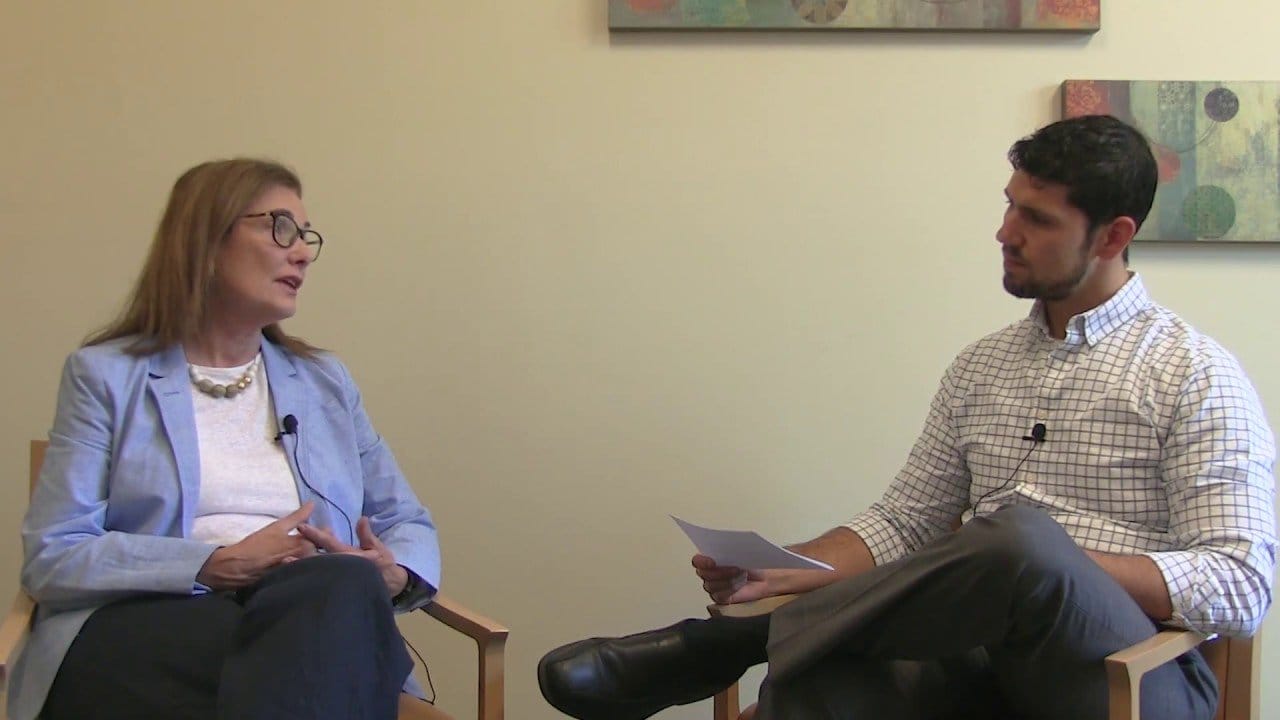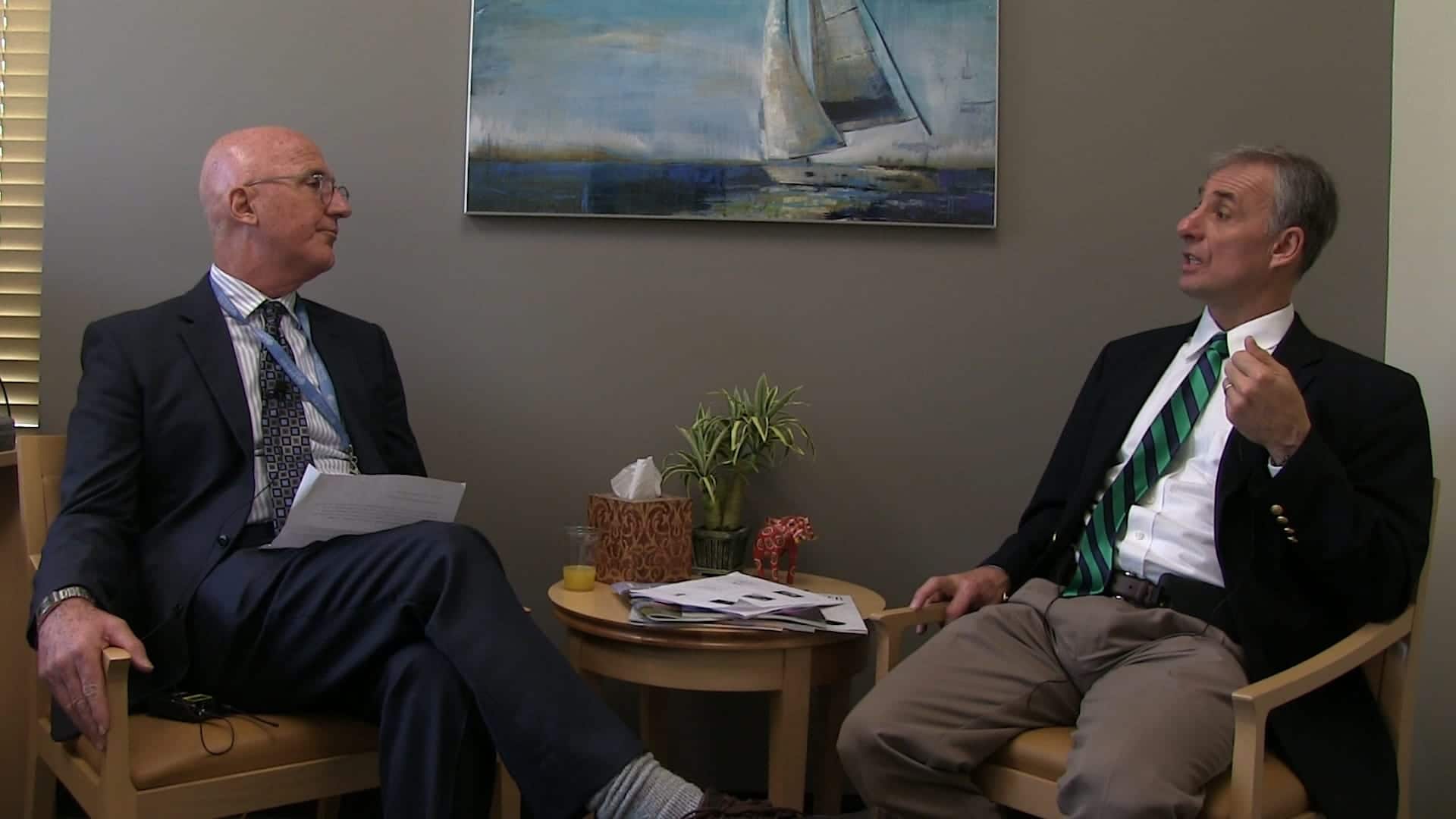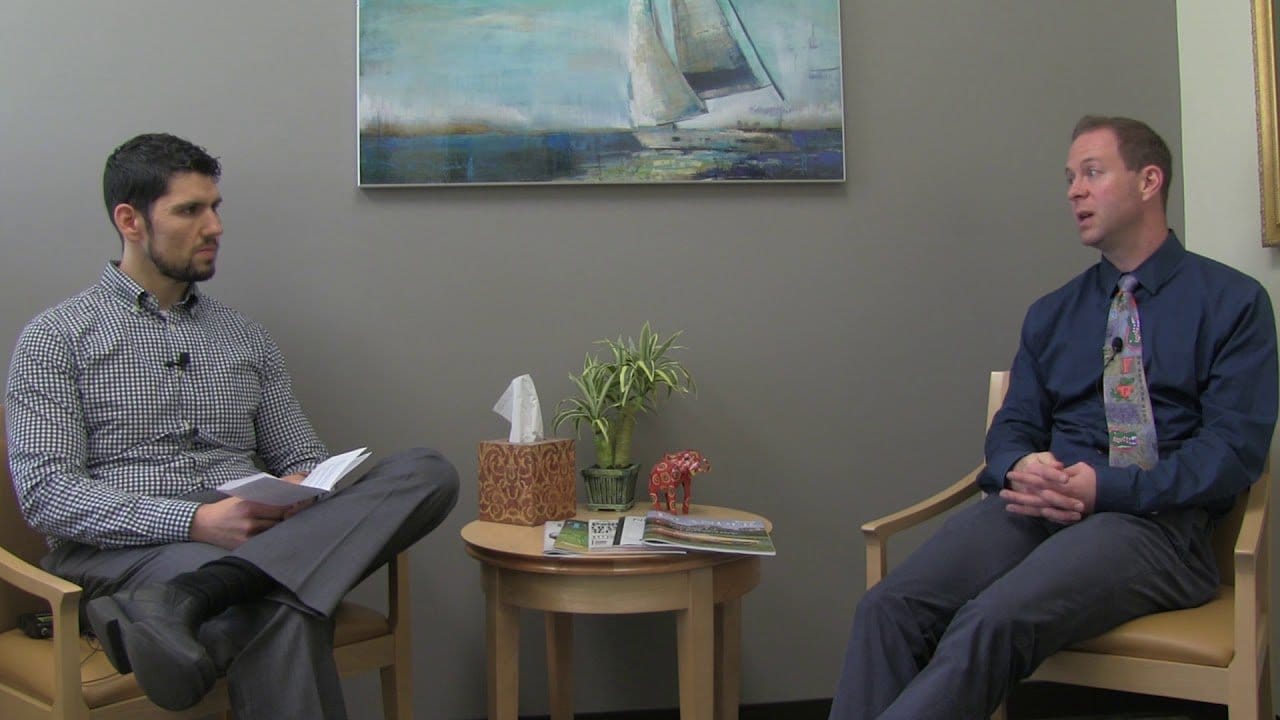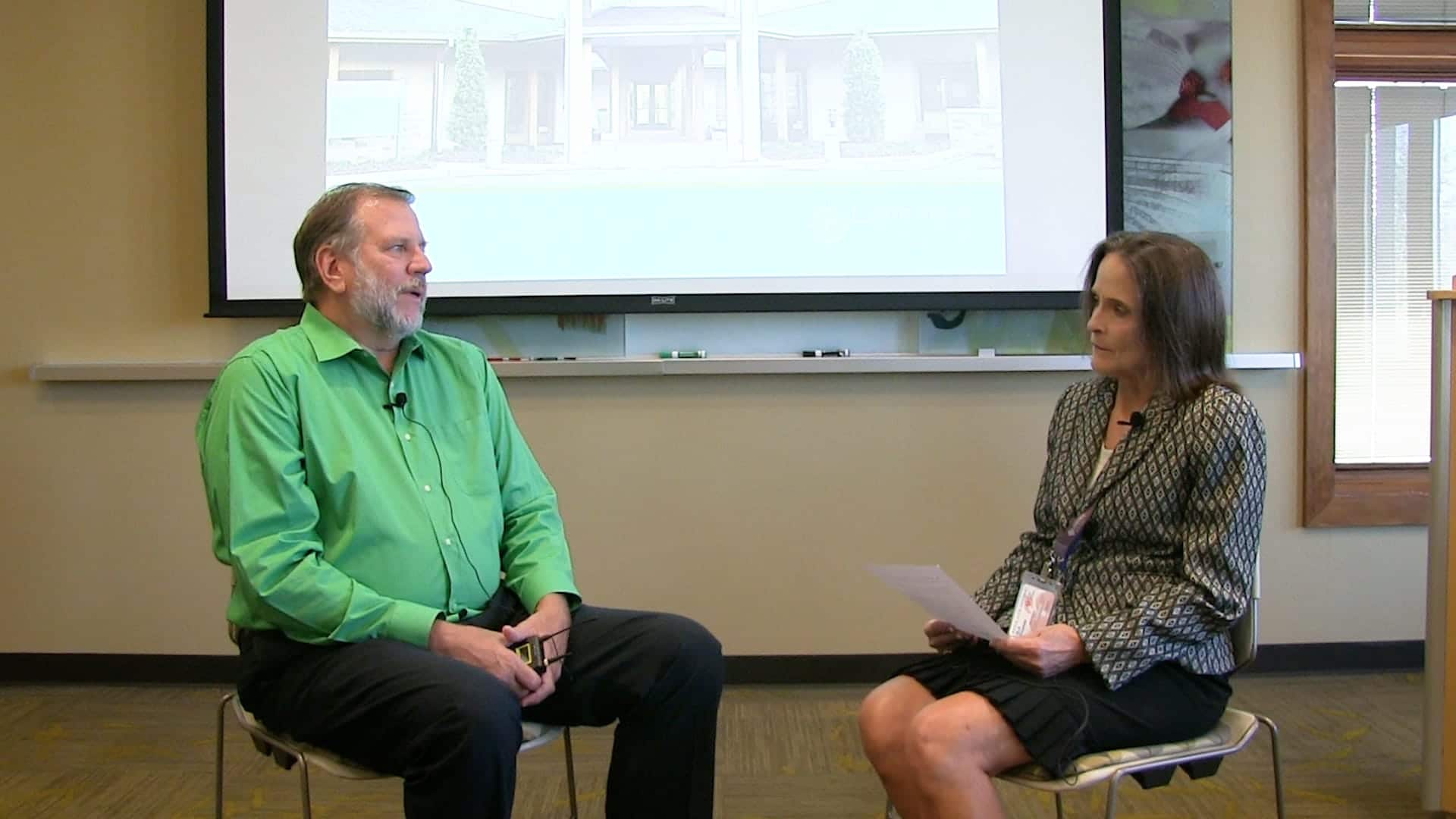Brittany Ringersen and Tabytha Walters of Lighthouse Recovery Institute join us for a podcast to talk about life for women after leaving treatment for substance abuse or eating disorders. They talk about the special issues women in recovery face.
Interview
Gina Thorne: Hello everyone, this is Gina Thorne with Lakeview Health podcast series and I’m joined today with Brittany Ringersen, president and CEO of Lighthouse Recovery Institute, and Tabytha Walters, marketing and outreach coordinator. Welcome.
Brittany Ringersen and Tabytha Walters: Hi, thanks for having us.
Gina: We’re really glad to have you here at Lakeview today and we’re interested in hearing more about Lighthouse Recovery Institute, and Brittany, you started this program, so can you tell us a little bit about what motivated you to create the genesis of this recovery institute?
Brittany: Absolutely. So, we started about two and a half years ago, with sober living. I had been in South Florida for about three years at the time and noticed that there was a real need for quality transitional housing for women. There was a lot of options available, but they were either 150-bed halfway houses or there were a few women’s houses, but some of them were owned by men, which I felt was a little strange. So we decided that instead of complaining about the lack of real resources that it would be time to start our own and make a difference. So we opened about two and a half years ago and we started with one house with four beds and it’s just kind of grown from there. That was Opportunity Sober House. Over the course of those two and a half years, we saw that after someone came out of residential treatment and was entering sober living, that a lot of these other issues were starting to come up. That they were sober, but not reaping all the rewards of being sober. That there were underlying issues, there were other things that they could do, kind of, to evolve their recovery a little bit more, which is what sparked the idea of forming Lighthouse Recovery Institute. Right now, we focus only on the continuum of care after they leave residential treatment. So we do intensive outpatient program, which is a gender-specific program for women, also located in Delray Beach. Our core program consists of substance abuse, trauma and eating disorders. We’ve found that that coupled with the sober living has really made more of an effective transition for women leaving the residential facility and continuing to stay sober on their path, you know, going back into independent living.
Gina: And it’s true what you say about gender-specific sober living, in general. It’s very hard to find good female-specific sober living. It’s nice to see that you’ve birthed a program that’s going to help support females after they leave treatment, that will sort of take care of them. So, Tabytha, can you tell us a little bit more about Lighthouse Recovery and what are some of its more unique characteristics?
Tabytha: Well, Lighthouse Recovery Institute, especially in Delray, is the only one of its kind, in regards to the fact that it gears specifically towards women and women issues, with eating disorders, with their trauma, with substance abuse. You know, being a woman in recovery, we feel differently, we go through things differently. That’s what we wanted. That’s what we wanted to have–you know, women empowering women–85 percent of our staff is all women. Most of them are in sobriety or in recovery themselves, from one thing or another, whether it’s substance abuse or eating disorders. So they’ve been there. They know what it’s like. They know how to talk to you from the standpoint of ‘OK, I was there, let me tell you what to do next.’ Instead of reading it out of a book and saying ‘well, maybe we should try this.’ It’s different when you have somebody who’s been in your shoes ‘cause then I’m more inclined to listen. We also have a staff that’s very hands-on. Our clinician-to-client ratio is 1 to 5 right now, which means if a girl has an eyelash in her eye, we’re going to know about it. You’re not going to fall by the wayside. You’re not going to fall through the cracks. We’re going to know about it. We’re going to be hands-on with you. We’re going to walk you every step of the way. We’re not going to let you go aside. We’re not going to let you get lost. We always know what’s going on and that’s big for families as well. You know, when kids come down, especially to Delray Beach, they don’t know anything about Delray Beach; their parents want to know what’s going on. We have our resources to be able to constantly be in contact with the families, keep them involved. That’s actually one of the main things that most of our clinicians focus on is getting the family involved as well. Because they have a kid who comes and who got through treatment and they want to get back into life, but it’s not the same kid, and it’s not the same family member who went into treatment who’s coming out. OK, so how do we make that work. And that’s what we do. They focus on the families and the women issues and getting them involved and giving them a way to get back into life, instead of just dropping them in the middle of somewhere and saying ‘go ahead and try it out.’ No, let’s give you the resources.
Gina: That’s fantastic and again, what you’re saying is, you recognize this is not an individual disease but a family disease. And that you know that if you’re going to be sending your patient or client back to a home environment, you want it to be a healthy home environment where the family’s had an opportunity to be exposed to what good recovery looks like. That again speaks to your uniqueness because I know that there’s a lot of facilities that don’t necessarily think about the family component. So that’s really nice. I know, Brittany, you’ve been here once before and Tabytha, I think this is your first time visiting with us here at Lakeview in Jacksonville. Can you tell us a little bit about what your thoughts and impressions are of Lakeview?
Brittany: Lakeview’s amazing. It’s a really, really wonderful facility. It’s beautiful and they have so many resources available to fit, really, any person that walks in the door, from the Christian track to the LGBT track, it’s just wonderful. I mean, even the detox that you guys have here. When you walk in, the staff looks happy. They’re very attentive to all of the patients that you have here. It’s just like a very welcoming environment. I think that the expansion that Lakeview is doing speaks volumes to the success that you guys have. You know, when someone walks through here, they like to stay involved here. We had an opportunity to speak to a lot of the staff members yesterday and everybody seems really happy and it seems like everybody wants to be here, not that they have to be here. And being in a place where the staff has no problem to sit down, one on one, with a client and give them their experience, strength and hope, whether they’re in recovery or not, just based upon what they believe is best–is something that speaks volumes because that kind of intimate kind of communication can’t be found everywhere. It really can’t. So I think that’s what’s really wonderful and that…it’s just a wonderful, wonderful place and it’s located in a really cool area. There’s so much to do around here when they get out. I think that the facility is just great.
Gina: Thank you. Well, we’re really excited about our partnership with Lighthouse Recovery Institute and it seems like we have a lot of similar philosophies, which I think will build very nicely on our females that discharge and head back out to the south area. We would love to be able to continue that partnership. If someone was listening today and they needed to access services from your program, how would they reach you?
Tabytha: Absolutely. So, our website is www.lighthouserecoveryinstitute.com and you can go on there and you can see all of our program information, meet our staff, meet us, get pictures of the facility, etc, etc. And for any information, you can just call us at 844-SOBER-WOMEN.
Gina: Fantastic. Thank you both for taking the time to come up here and visit with us and spend some time with us on this podcast. If anyone is listening and you’re interested in learning more about Lakeview Health, we invite you to visit us at LakeviewHealth.com. Thanks again, and we look forward to sharing more services with you again in the future.




